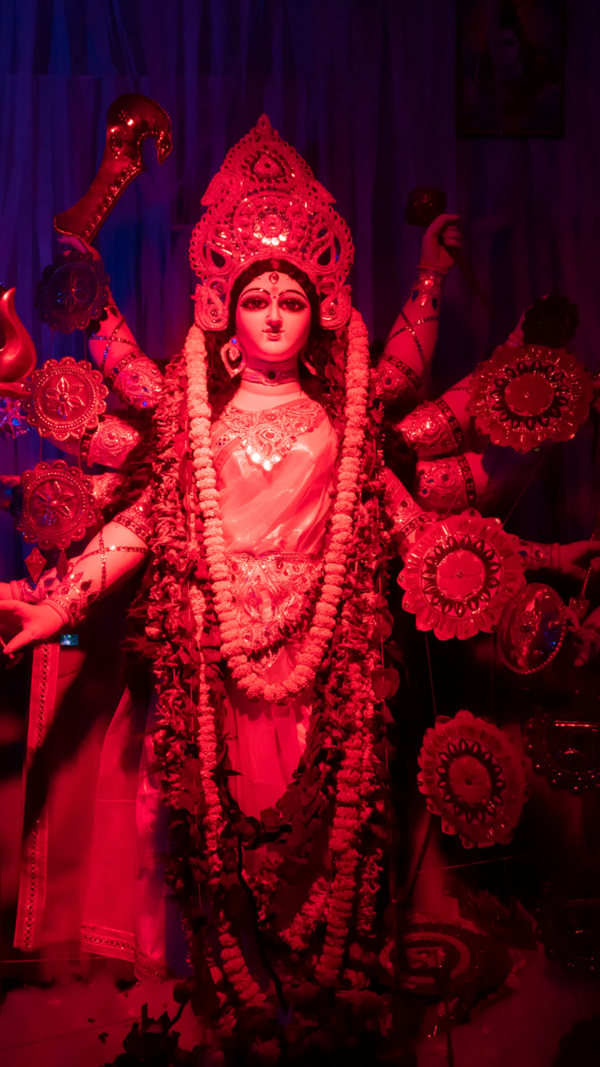- News
- entertainment
- telugu
- movies
- The heroine's lost cause
Trending
This story is from September 1, 2015
The heroine's lost cause
Plus ��a change, plus c���est la m��me chose ��� this 19th century novelist Jean Baptise Alphonse���s take on change, perhaps best describes the evolution ��� the lack of, rather ��� of heroine characters in Tollywood.

Plus ��a change, plus c���est la m��me chose ��� this 19th century novelist Jean Baptise Alphonse���s take on change, perhaps best describes the evolution ��� the lack of, rather ��� of heroine characters in Tollywood. The translation of the French expression means ��� the more things change, the more it���s the same. The ���it��� being the so called ���independent��� or ���strong��� characterisations of the female lead in T���town.
Take Avanthika from Bahubali, a movie that has come to be known as ���the pride of Telugu cinema���. The character played by Tamannaah is introduced as she waylays a bunch of ninja-esque soldiers without as much as breaking a sweat. She has sworn her life to free erstwhile queen Devasena, from the clutches of vicious king Bhallaladeva. In comes Sivudu (played by Prabhas), an untrained village bum, who puts her in place over a sword fight, (not longer than two minutes) leaving Avanthika in nothing but her innerwear. After making love to her, our man heads off to Mahishmathi to rescue Devasena, without as much as taking Avanthika along!
Another instance would be the animal rights activist, Shaanvi, played by Kajal Aggarwal in Temper. She eventually falls for NTR who is this ���animal of a man���. In one scene he goes on to tell the leading lady: ���Ikada memu crossing kocchi chala kalam aindi, mamalni evadu patinchukodu,��� (I���ve also reached the age for mating a long time ago but no one seems to care). Then there is the similiar case of Divya in Pandaga Chesko. Rakul plays an animal rights activist whose love for nature ��� she literally campaigns all around the city for the cause ��� is lost once the stage is set for the man to enter her life. It���s obvious, heroine���s characters in the hero-worshipping Tollywood potboilers are all about providing some titilatory relief to the audiences while the hero takes a break from beating the crap out of the bad guys... or the comedians. ���Our films are completely hero centric and our audiences look at cinema as entertainment. Crowds come primarily for the heroes and heroines are mostly treated as an addition to the glam factor,��� says filmmaker Mahesh Kathi.
While most filmmakers prefer to pass the buck onto the audience, Nandi Award -winning Telugu cinema historian Harikrishna Mamidi contends that cinema like any art form can rarely rise above the prejudices of the creators. He reckons Telugu cinema is made by men to celebrate a perceived ���Telugu machismo���. ���Try naming five women directors, screen writers or even lyricists in Telugu cinema. You will struggle. The industry remains male-dominated, which is why the collective sensibility of our cinema is testosterone-laden,��� he says.
But there are a few directors who are particular about their heroines��� role being important to the plot. Director Gautham Menon, known for his strong women characters that see an interesting graph all through a film���s story, says, ���I think the character sketches are generally a reflection of what one understands and perceives. Personally, I see women as strong and empowered people.��� While this director���s words give hope, the audience is still under the mercy of the rest of film-makers��� and their willingness to change.
Take Avanthika from Bahubali, a movie that has come to be known as ���the pride of Telugu cinema���. The character played by Tamannaah is introduced as she waylays a bunch of ninja-esque soldiers without as much as breaking a sweat. She has sworn her life to free erstwhile queen Devasena, from the clutches of vicious king Bhallaladeva. In comes Sivudu (played by Prabhas), an untrained village bum, who puts her in place over a sword fight, (not longer than two minutes) leaving Avanthika in nothing but her innerwear. After making love to her, our man heads off to Mahishmathi to rescue Devasena, without as much as taking Avanthika along!
Another instance would be the animal rights activist, Shaanvi, played by Kajal Aggarwal in Temper. She eventually falls for NTR who is this ���animal of a man���. In one scene he goes on to tell the leading lady: ���Ikada memu crossing kocchi chala kalam aindi, mamalni evadu patinchukodu,��� (I���ve also reached the age for mating a long time ago but no one seems to care). Then there is the similiar case of Divya in Pandaga Chesko. Rakul plays an animal rights activist whose love for nature ��� she literally campaigns all around the city for the cause ��� is lost once the stage is set for the man to enter her life. It���s obvious, heroine���s characters in the hero-worshipping Tollywood potboilers are all about providing some titilatory relief to the audiences while the hero takes a break from beating the crap out of the bad guys... or the comedians. ���Our films are completely hero centric and our audiences look at cinema as entertainment. Crowds come primarily for the heroes and heroines are mostly treated as an addition to the glam factor,��� says filmmaker Mahesh Kathi.
While most filmmakers prefer to pass the buck onto the audience, Nandi Award -winning Telugu cinema historian Harikrishna Mamidi contends that cinema like any art form can rarely rise above the prejudices of the creators. He reckons Telugu cinema is made by men to celebrate a perceived ���Telugu machismo���. ���Try naming five women directors, screen writers or even lyricists in Telugu cinema. You will struggle. The industry remains male-dominated, which is why the collective sensibility of our cinema is testosterone-laden,��� he says.
But there are a few directors who are particular about their heroines��� role being important to the plot. Director Gautham Menon, known for his strong women characters that see an interesting graph all through a film���s story, says, ���I think the character sketches are generally a reflection of what one understands and perceives. Personally, I see women as strong and empowered people.��� While this director���s words give hope, the audience is still under the mercy of the rest of film-makers��� and their willingness to change.
End of Article
FOLLOW US ON SOCIAL MEDIA









